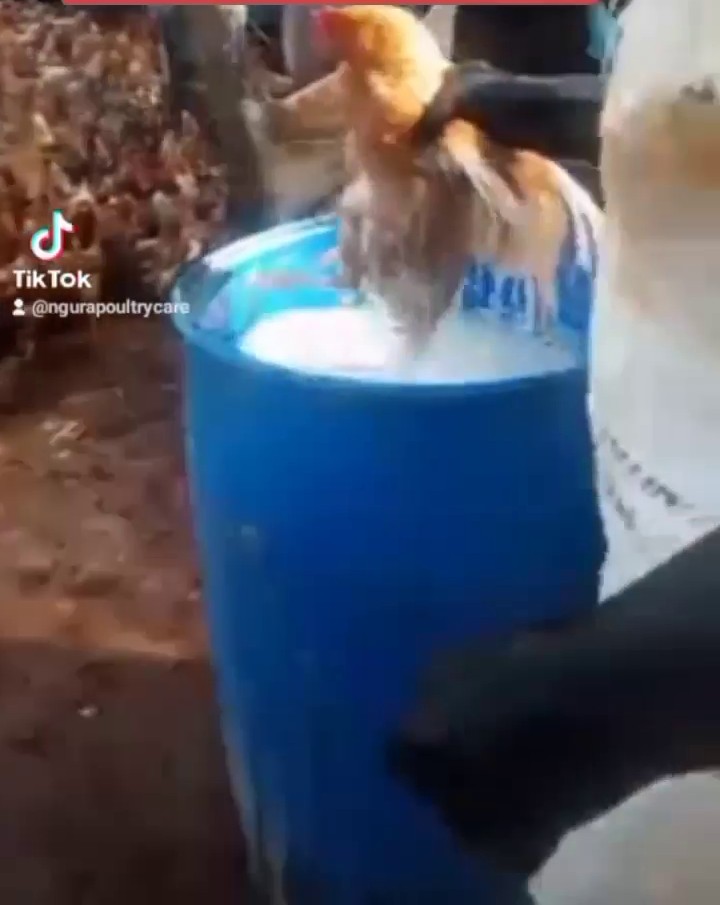
By George Munene
For poultry farmers suffering from severe parasite infestation, shampooing is an effective method to rid yourself of the menace that causes disease, drop in production, and death.
According to Okuta Ngura, a poultry veterinarian and specialist for over 10 years the method is safe and effective for farmers given they adhere to a set of instructions.
“I have used bird shampooing with success to get rid of external parasites such as poultry ticks, lice, mites, and fleas in several farms where there is a high infestation and spraying and dusting powders cannot get the job done,” explained Okuta.
Related News: Poultry farmer sells flock after production crashes over cold months
Related News: Poultry farmers seek feed alternatives as prices soar
Though there are many pesticides on the market for this, he's found Ectomin, an ectoparasiticide (a drug used to kill parasites that live on the body's surface) manufactured by Chinese agrochemical manufacturer King Quenson to have the best results.
Given the correct dosage is given as outlined by the manufacturer and protective gear is worn when applying it, the drug is non-poisonous for both birds and humans.
20 milliliters of the drug is diluted into 20 liters and this can be used to serve 50 birds.
The bird is submerged neck dip for five to 10 seconds.
Shampooing should be done on a sunny day to allow birds to dry off.
Related News: Kisii farmer uses mixed poultry farming to keep off predators
The poultry coop should also be emptied and sprayed to avoid reoccurrence once the birds are housed.
The drug's applicant should wear protective gear, i.e gloves, face masks, overalls, and gumboots.
Ectomin is sold for quantities of between 20 milliliters to 100 milliliters costing Sh200-Sh700.